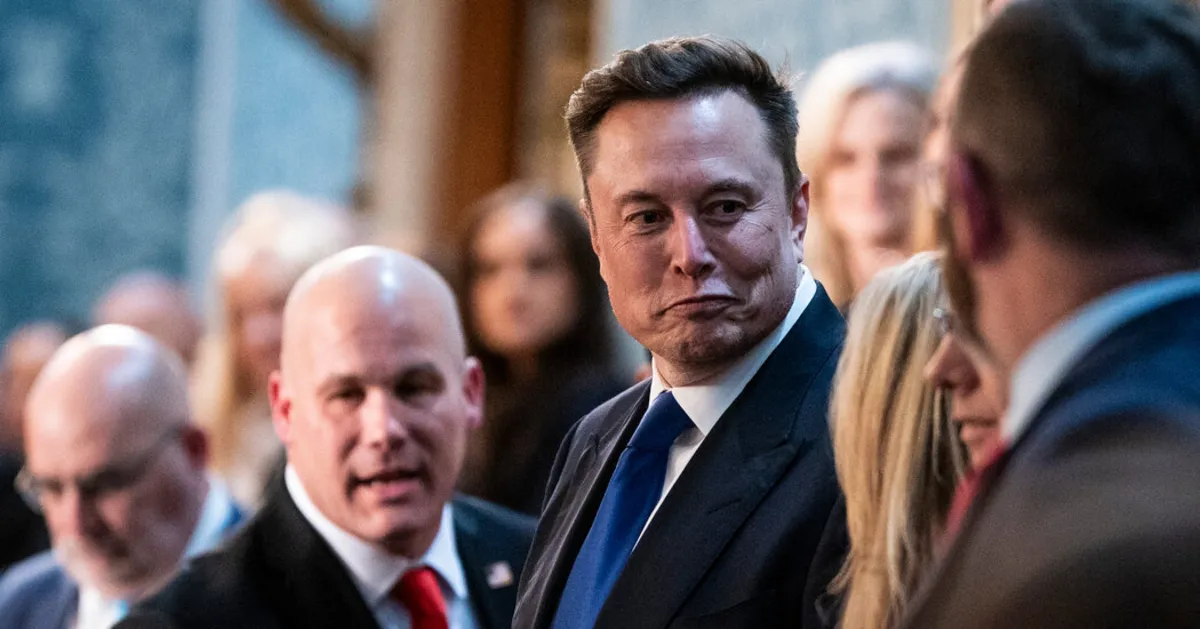
A federal judge has recently issued a temporary restraining order that prohibits the Social Security Administration (SSA) from granting Elon Musk and his team from the Department of Government Efficiency access to sensitive records stored within the agency’s systems. This order, delivered by Judge Ellen L. Hollander of the U.S. District Court for the District of Maryland, aims to protect individual privacy amid concerns surrounding data security.
The ruling specifically prevents top officials at the Social Security Administration, including Leland Dudek and Michael Russo, as well as other agency employees, from allowing Musk's team of engineers to access sensitive data systems. The order emphasizes the importance of safeguarding documents such as tax records, which could enable an analysis of individuals at a granular level. To mitigate privacy risks, the judge indicated that the agency could provide redacted or anonymized data, facilitating broader analyses while adhering to federal privacy laws.
This ruling is not isolated; it follows similar legal actions in which judges have barred officials from the Treasury and Education Departments from disclosing sensitive data to Musk's team. These actions stem from increasing concerns that access to sensitive data could be used to support broader immigration enforcement efforts, particularly under the current administration's aggressive stance on deportation. Lawyers representing various groups have expressed that the data systems of these agencies might inadvertently aid in the crackdown on students and other foreign nationals, including those with valid visas.
In response to these legal challenges, officials from the Treasury Department have assured that they have not shared sensitive tax data with the Department of Homeland Security. Government lawyers have argued that the risks associated with unauthorized data disclosure remain speculative. They contend that the plaintiffs have yet to provide substantial evidence demonstrating that Musk’s team's access to Social Security data has resulted in identity theft or political retaliation. Furthermore, the government lawyers maintain that allowing Musk’s team to audit the agency's records does not constitute an unlawful "disclosure," akin to a leak that might lead to identity theft.
The ongoing legal battles highlight the critical intersection of technology, privacy, and governance as Musk’s initiatives continue to face scrutiny from both the public and legal entities. As this case unfolds, the implications for data security and privacy rights remain a significant concern for many stakeholders.